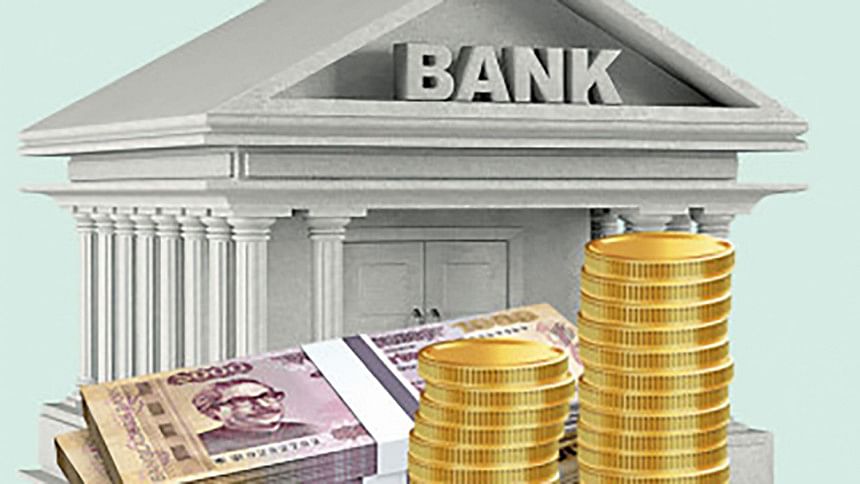Excess liquidity at Islamic banks halves

Excess liquidity at Islamic banks in Bangladesh fell nearly 50 per cent year-on-year to Tk 17,525 crore in July-September quarter this year as deposits growth slowed, central bank data showed.
In July-September, overall deposits in Islamic banks, including the conventional banks that have shariah-based windows and branches, grew 11.9 per cent year-on-year to Tk 42,13,75 crore, the lowest growth in three years.
The growth of deposits was only 2.1 per cent compared to the April-June quarter, according to the Bangladesh Bank's quarterly report, Developments of Islamic Banking System in Bangladesh, which was released on Monday.
"The liquidity decline is the result of a slowdown in the deposit growth," said Shah Md Ahsan Habib, a professor of the Bangladesh Institute of Bank Management.
Higher inflation and the lower interest rate on deposits are the prime reasons for the sluggish deposit growth.
"It is natural now because expenditure is very high for the higher inflation," Habib said.
"Had we seen higher deposits flow to banks, people would have rather questioned it. It is the reality that shows that the fundamentals of economics are working."
Islamic banks now account for 26.80 per cent of the total deposits of the entire banking sector in Bangladesh.
At present, 10 full-fledged banks, along with 24 conventional banks, offer shariah-based financial services to people.
"Many people are bearing their expenses by withdrawing deposits from banks. Expenses have increased substantially after the Covid-19 pandemic," said HM Mosarof Hossain, a professor of finance at the University of Dhaka.
"As people like me are withdrawing funds, it is natural that the overall liquidity would fall."
The allegation of loan-related irregularities in some Islamic banks has also affected the confidence among people, according to Hossain.

 For all latest news, follow The Daily Star's Google News channel.
For all latest news, follow The Daily Star's Google News channel. 



Comments